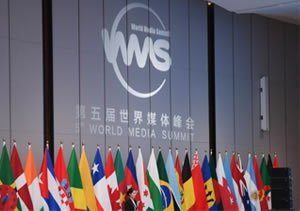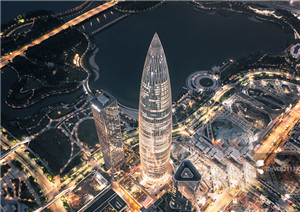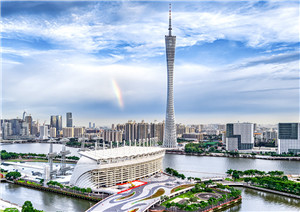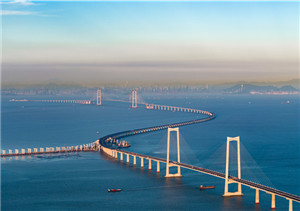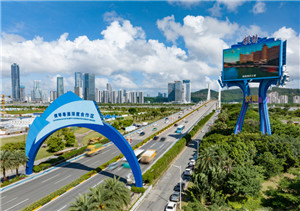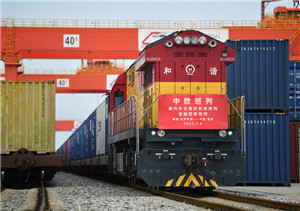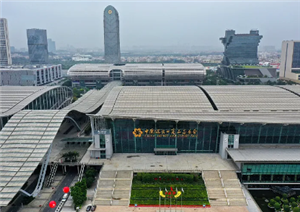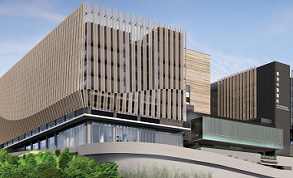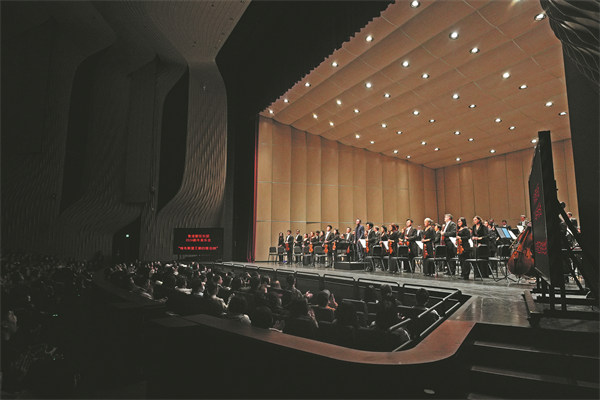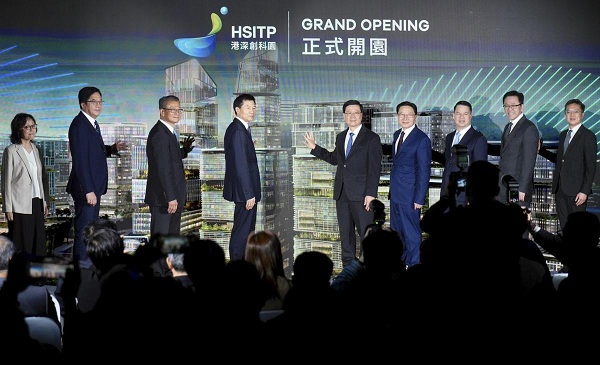-
-
Guangdong-Hong Kong-Macao Greater Bay Area
China (Guangdong) Pilot Free Trade Zone
Belt and Road Cooperation
Countries and Regions
Exhibitions
Guangdong, Brazil-China Friendship Association look to future cooperation
Guangdong official attends Saudi founding day reception, highlights areas for cooperation
Guangdong official meets new Malaysian consul general to boost regional cooperation
Guangdong, Zambia seek enhanced cooperation in infrastructure, technologies
Guangdong, Brazil-China Friendship Association look to future cooperation
Guangdong official attends Saudi founding day reception, highlights areas for cooperation
Guangdong official meets new Malaysian consul general to boost regional cooperation
Guangdong, Zambia seek enhanced cooperation in infrastructure, technologies



